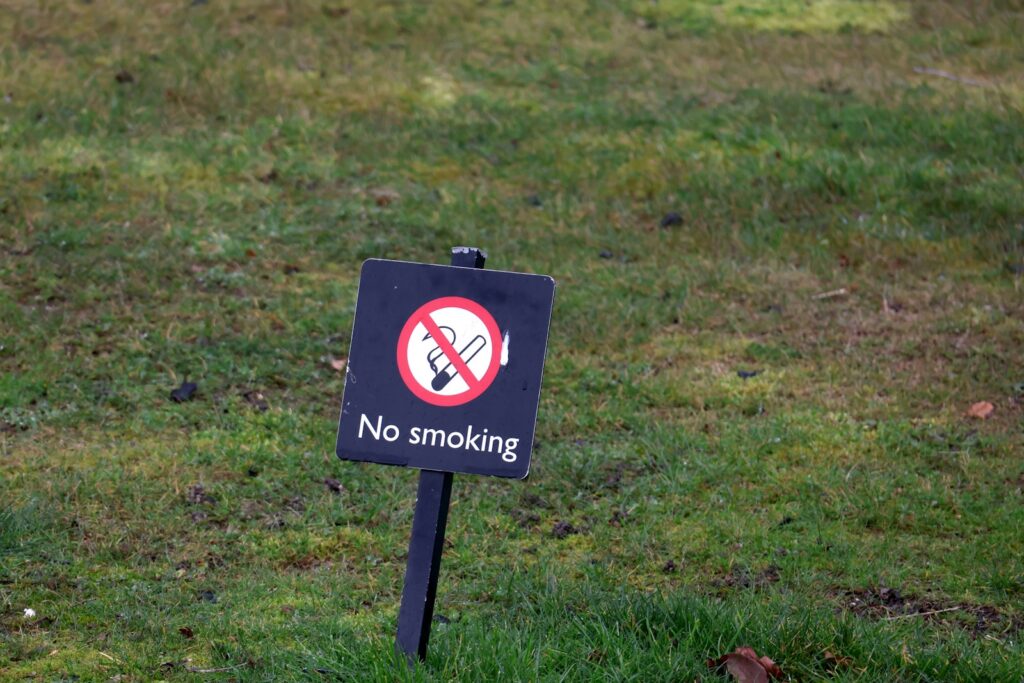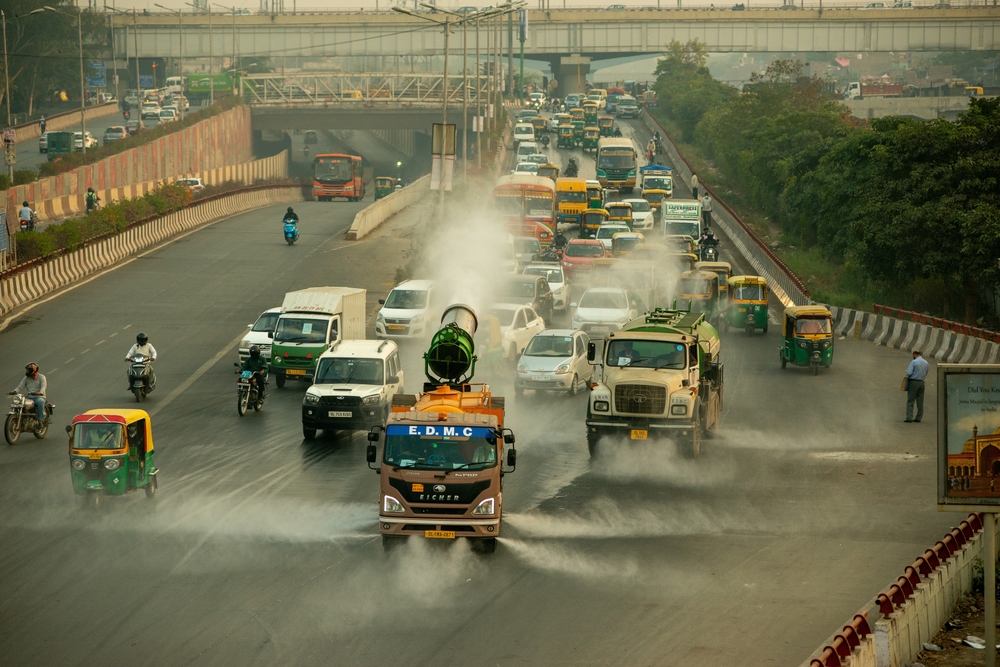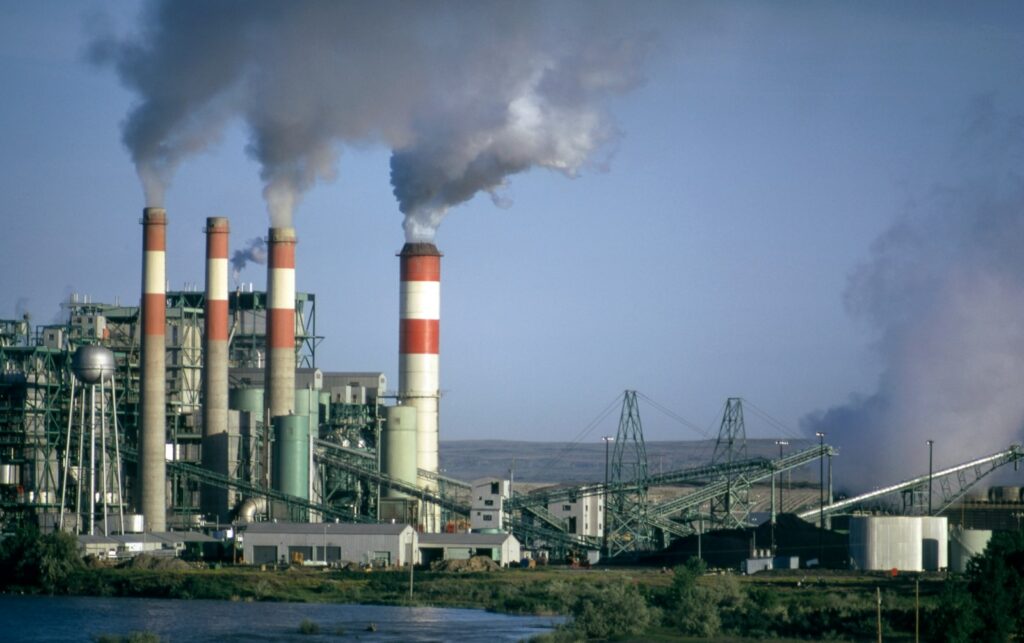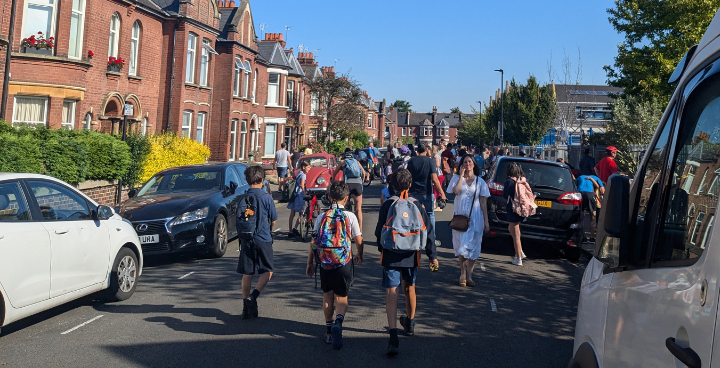The National Contaminated Land Officers Group (NCLOG) have released a statement welcoming the increased attention on land contamination following recent TV and radio programmes focusing on the subject.
Following the release of the Netflix mini-series Toxic Town (below) and Britain’s Toxic Secret by BBC Wales Investigates, the fact that local authorities might not be doing enough to protect the public from being exposed to dangerous chemicals has become a subject for debate.
NCLOG was established in 2019 to enable the contaminated land officer voice to be heard nationally at government and industry level, and to promote consistency across the sector. NCLOG has over 200 members across the UK and maintains close links with existing regional Contaminated Land Officer groups and those working in the devolved administrations. It is a voluntary organisation and is governed by an elected Committee.
The National Contaminated Land Officers Group (NCLOG) welcomes the increased attention on land contamination following the release of ‘Britain’s Toxic Secrets’ by BBC Wales Investigates and ‘Toxic Town’ by Netflix. As the programmes highlight, contaminated land is a critical issue across the UK, affecting our health, our communities and our environment.
Funding for Part 2A
Under Part 2A of the Environmental Protection Act 1990, local authorities have responsibilities to identify and enable remediation of contaminated land sites in current use, including those which are currently such as houses with gardens, children’s nurseries, schools and allotments.
‘Britain’s Toxic Secrets’ and ‘Toxic Town’ both highlight the need to protect human health from land contamination, with serious potentially contaminated sites falling through the cracks. These issues are symptomatic of years of underfunding and de-prioritisation of contaminated land work. While funding arrangements vary across the devolved UK administrations, the direct funding mechanisms for implementation of Part 2A have been either withdrawn or reduced significantly. From 1999-2000 grant funding was made available to local authorities to enable them to investigate and treat contaminated land, from 2010 onward funds were scaled back and by 2017 grant funding had been completely withdrawn in England.
As a result, many local authorities have been unable or unwilling to support proactive implementation of Part 2A. In many areas, only the worst or most obvious contaminated land sites are now being addressed
Contaminated Land Officers
The problem has been exacerbated by the lack of Contaminated Land Officers (CLOs) in many local authorities, following a reduction in support for training and guidance. At the same time, the complexity of Part 2A case law has increased, and the demands on trained CLOs from the planning system have escalated.
In the last decade, most local authorities have instead focused on preventing the creation of new Part 2A ‘contaminated land’ sites. To do this, CLOs utilise their professional expertise, experience and local knowledge to evaluate land contamination reports submitted through the planning process.
Understanding the scale of the problem
It is NCLOG’s view that without a central government-driven re-prioritisation of land contamination assessment, it is highly unlikely that the legacy issues raised by BBC Wales Investigates and Netflix will be addressed. A key first step would be to develop our understanding of the scale of contaminated land issues in the UK.
NCLOG is pleased to be supporting the of local authorities and report into the implementation of Part 2A. Collation of the SoCL provides an opportunity to obtain valuable information to help inform the development of pertinent policy, identify practical resource solutions and enable efficient and effective targeting of future funding.
The release of Britain’s Toxic Secrets and Toxic Town should be a catalyst for action from central and local governments to increase their support for the important land contamination work undertaken by CLOs. NCLOG is here to support CLOs across the UK and is ready and willing to facilitate the re-prioritisation of land contamination work in any way we can.


















Leave a Reply